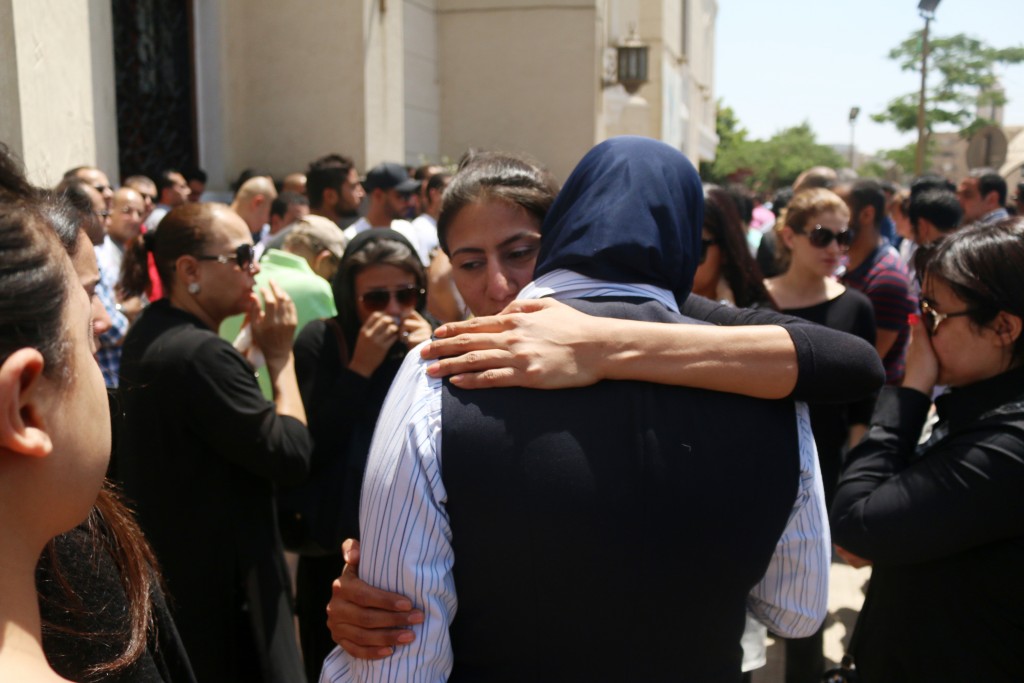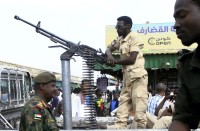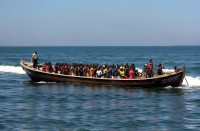
Egypt found wreckage including seats and luggage from the EgyptAir plane, as investigators tried to unravel the mystery of why it swerved and plummeted into the sea. Search teams spotted personal belongings of passengers and parts of the Airbus A320 about 290 kilometres (180 miles) north of Egypt’s coastal city of Alexandria, the military said.
/ AFP PHOTO /
CAIRO, Egypt (AFP) — Egyptian forensics officials collected DNA Tuesday from relatives of EgyptAir MS804 victims to help identify body parts retrieved from the Mediterranean, where the crash killed 66 people, the airline said.
Investigators are still searching for Airbus A320’s two black boxes on the seabed as they seek answers as to why the aircraft came down early on Thursday.
“Body parts arrived at the morgue yesterday and other body parts arrived the day before yesterday,” EgyptAir Holding Company chairman Safwat Musallam told AFP on Tuesday.
“DNA samples have been collected from the victims’ families to help identify body parts,” EgyptAir said in an emailed statement.
Experts and sources close to the investigation told AFP local media reports that body parts analysis showed evidence of an explosion did not in fact reveal anything about the cause of the disaster.
Hesham Abdel Hameed, head of the justice ministry’s forensics department, also denied that the reports were accurate, according to the website of state-owned Al-Ahram newspaper.
It reported Abdel Hameed as saying such comments are hypothetical and could not have been issued by the department or any of its forensics doctors.
“No trace of any explosives has been found so far on debris or body parts,” one source told AFP.
“When a plane crashes, an explosion takes place at some stage or another, reducing the plane to pieces,” another source said.
This is “either as a result of mechanical failure or a criminal act, or when the plane hits the sea after falling 11 kilometres, as in this case”.
“This does not advance the investigation, unless we find traces of an explosive, which is not the case at this stage,” the source added.
gir/mma/srm
© 1994-2016 Agence France-Presse






